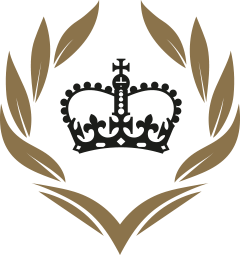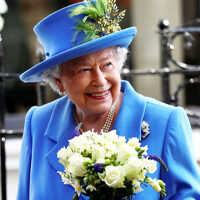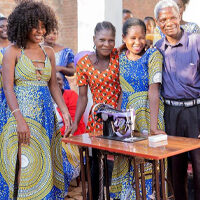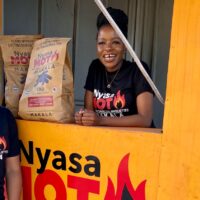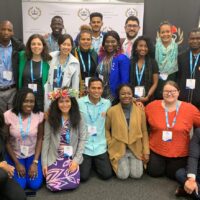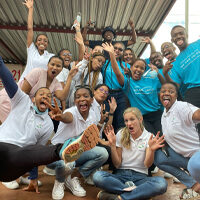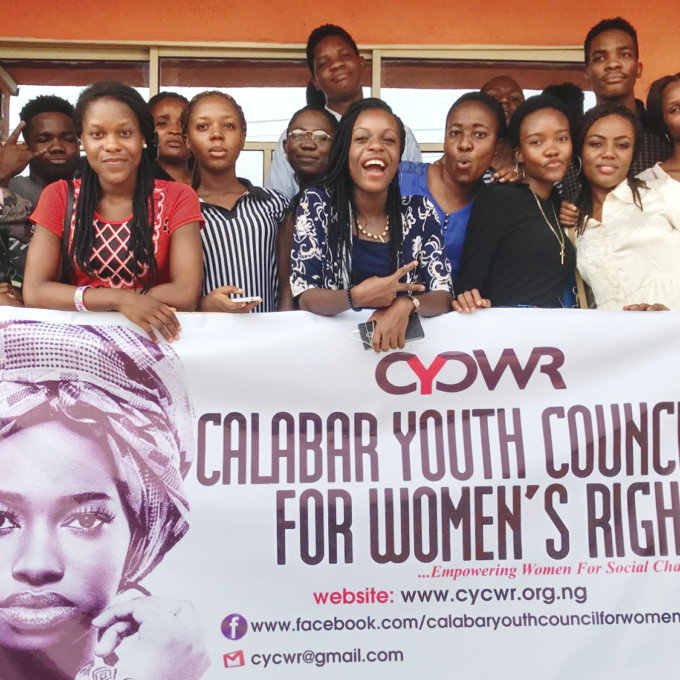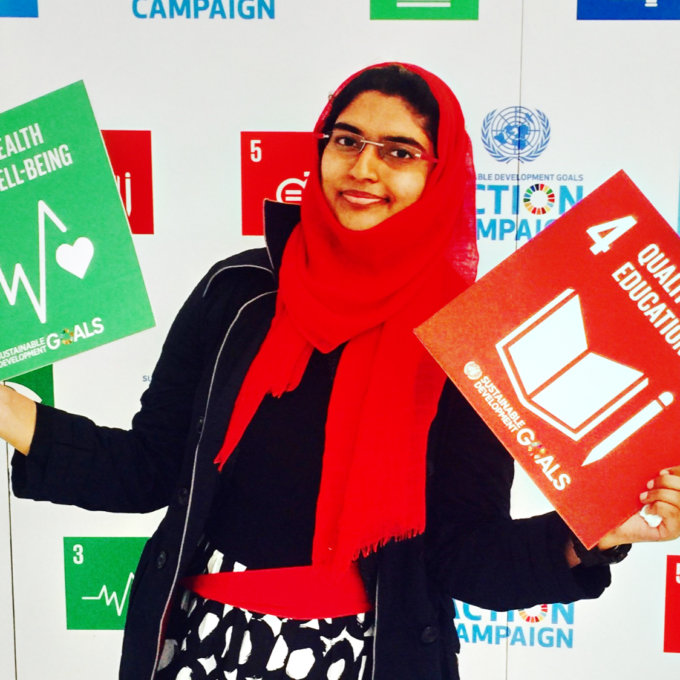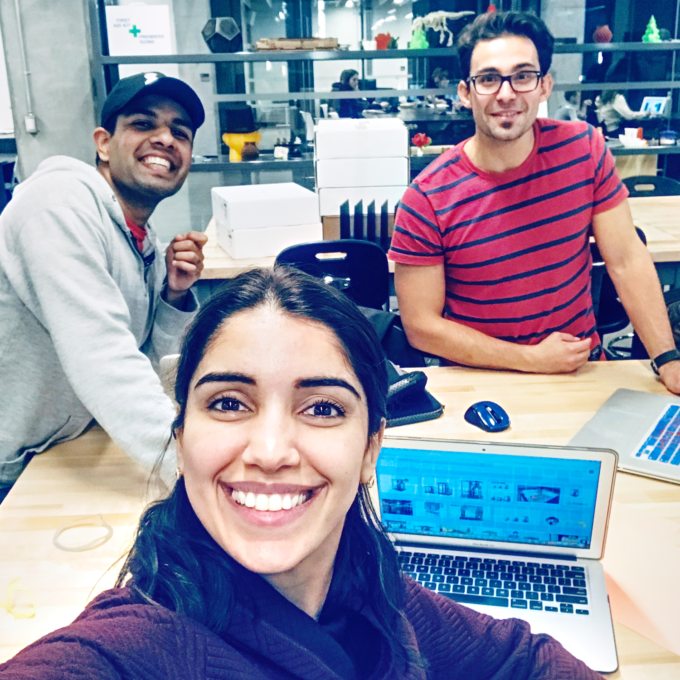By Ifrah Faiz
My name is Ifrah Faiz. I belong to Peshawar city, which is the capital of Khyber Pakhtunkhwa province in the North West part of Pakistan. I was born into a society where the birth of a boy brought joy to the families and a girl was considered a social burden. I always saw people sympathizing with my parents for not having a baby boy to carry on the family name. This was very painful for me to observe, see and hear and I wanted to prove all these people wrong. From an early age, I was therefore compelled to take on challenges not normally associated with women. I realized quickly that I wanted to work within the female empowerment sector in Pakistan, but before that I wanted to do something that would be an inspiration and act as motivation for other young girls across the country. So, after completing my A Levels, at the age of 18, I joined a very male dominant profession, becoming a General Duty Pilot GD(P) in the Pakistan Air Force (PAF).
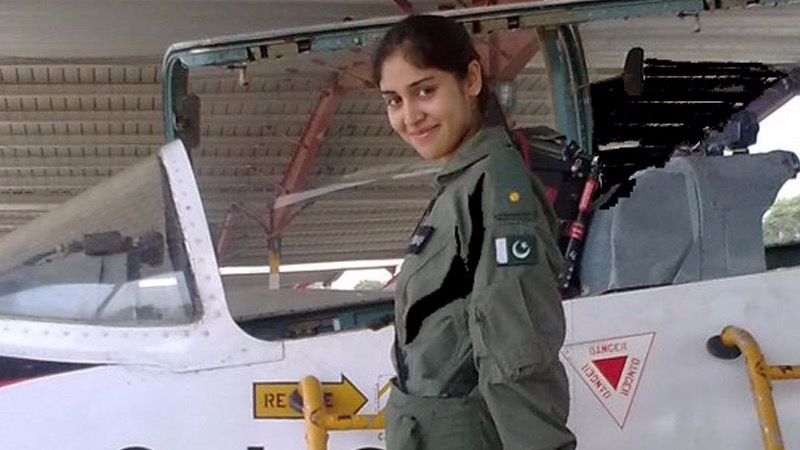
Reaching for the skies
Prior to joining the Pakistan Air Force (PAF), my mother would take me to my school playground early in the mornings, where I would do physical training. After an intense and long selection process, my strong determination helped me clear the PAF’s entry requirements, and on 6th April 2009 I was one of only four girls that entered the Pakistan Air Force academy that year.
I was an under-training cadet for two years. The physical exercises were extremely tough, and included push-ups, sit-ups, crunches and running many miles. It was often very exhausting, but my strong willpower and determination kept me going. Some of the exercises were not only tough physically, but mentally too. Once I had to eat 4kg of french-fries while doing push-ups and written punishments of 4000-word repetitions were very normal. During the time of cadetship, along with the physical exercises and parades, we were also enrolled in a Bachelors program studying aero-sciences. For my admirable performance in the academy, I was awarded the rank of sergeant. I felt proud to be a dominant force for women in the PAF.
During my time training as a cadet, I had very limited contact with my family and every week I waited impatiently for the postman to arrive and bring my parents the news I was so desperately waiting for. Those years of intensive military training and physical exercise in unbearable heat saw me transform from a pampered child at home to a strong and independent woman. And finally, after one and a half years of waiting, the postman delivered the news I’d been waiting for – I was going to be a pilot for the PAF.
The first time I stepped into the aircraft, it was a dream come true; going on a solo mission and doing aerobatics in aeroplanes, such as the ‘touch and go’, ‘loop, barrel roll’ and ‘Aileron roll’ manoeuvres, was a feeling that cannot be expressed in words. Flying the propeller aircraft MFI 17 and then handling a jet K-8 aircraft taught me that sky is not the limit and that there should never be a limit on one’s dreams, imagination and ambition.
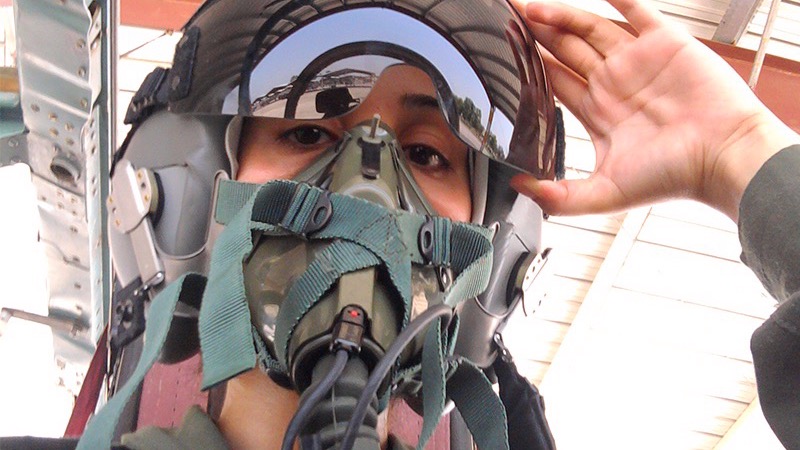
Pain and perseverance
In 2009, the selection for the 11th basic airborne course was announced. The selection criteria was based on physical exercises and running miles. Only four seats were reserved for females in this course, compared to nearly five times the number of seats for men. I cleared the gruelling tests among the top four girls and got selected for the airborne Para-trooping course. The training for this course was physically very demanding and involved multiple jumps from a C-130 aircraft.
My first two jumps went really smoothly, but when it was time for the third jump, I started staring at the ground and did not make a proper landing and hurt my knees very badly. The staff members standing there thought I had fractured my legs but, never one to admit defeat, I fought through the pain, stood up and walked back for two more jumps in order to earn the paratrooper badge. Due to my sheer determination and resilience, I became the first female from PAF’s GDP branch to have completed the Para trooping course.
In 2010, the training period ended and it was time for the commissioning parade, in which I was awarded the rank of Pilot Officer. During the commissioning parade, I led and commanded a flight (a group of cadets marching). I was so proud of what I had achieved and was excited for what my future might hold.
Everything happens for a reason
Unfortunately, it was not meant to be. I started experiencing some technical challenges in the landing of a jet aircraft that resulted in me being grounded from flying. At that point I felt completely collapsed, my career, and my dreams, were shattered. I did not opt for a ground branch as it was not something I wanted to pursue in my heart. My dream was always in the skies. So, in 2011 I resigned from PAF.
I returned back home with a heavy heart. At that time Khyber Pakhtunkhwa was undergoing crisis and was hosting a large number of internally displaced people and Afghan Refugees as a result of conflict in FATA and Afghanistan. My house was also located near an area where an Army operation was in full swing. One evening two rockets fell on my neighbour’s house right across from my home. It then struck me that life is too short, and that God had already given me the opportunity to live my dream and now God was redirecting me in a new direction. I therefore decided to start from scratch again, with the belief and mindset that contributing back to life and humanity was of the upmost importance.
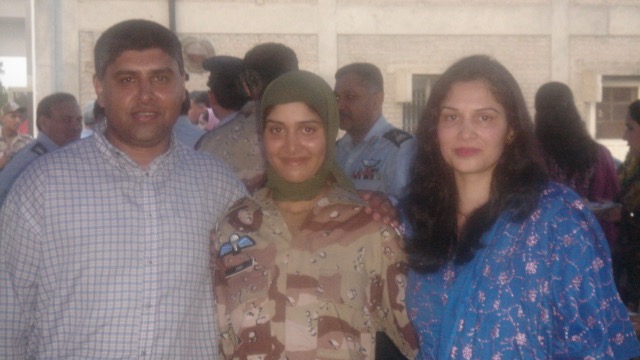
Life beyond the PAF
In 2011, I joined the Afghan Commissionerate in the Development Sector, designing a database and analysing results for a household survey of all the Refugee camps in Khyber Pakhtunkhwa Province. The data provided the exact number and details needed for the analysis of women, men, minors, unaccompanied minors and females without male support. This enabled us to address their specific needs related to health, education, protection, water and sanitation more efficiently.
In 2012, keen to develop my work in supporting female refugees and internally displaced women, I headed to a United Nations Women’s Project for the Provincial Disaster Management Authority in Khyber Pakhtunkhwa. This project was the first initiative in the Province to ensure the mainstreaming of gender concerns by reviewing all the policies and procedures through a gender-focused lens and ensuring that the four phases of disaster (mitigation, preparedness, response and recovery) addressed the concerns of women and adolescent girls. To achieve this, we provided multiple training sessions on ‘gender in disaster’ to the flood prone districts in Khyber Pakhtunkwa province. We also established a knowledge hub containing more than 800 materials on gender vulnerabilities in disaster and created posters and video clips to educate the general public. Keen to ensure women concerns were mainstreamed, we also developed standard operating procedures and a monsoon contingency plan. This project brought me very close to the internally displaced females in the area.
In 2014, I then went on to join the United Nations Higher Commissioner for Refugees and was involved in Refugee Status determination of female Afghan Refugees. With female empowerment always as my focus, I am now currently working with the Khawateen Roazgar (Women Employment) Service. It is the first initiative in the country to provide employment opportunities to women by creating links to the economic market. It helps in discovering gifted handywomen from all over Pakistan and connecting them to corporate business industries for employment opportunities. Khawateen Rozgar Service also comprises of workshops and talent hunt programs. It aims to work with female activists to help women get their merited rights, especially those in rural areas. The concept of Khawateen is in line with the SDG #5 which focuses on gender equality and empowering all women and girls – something that I have always had a deep-rooted passion for.

Never give up
Although my initial dreams of pursuing my career in the PAF came to an end, I found other means of supporting my passions. As well as the above, I have also gone on to achieve a Bachelor in Aero Science and I am a gold medallist in Masters in Development Studies. I was also selected as an Emerging Leader of Pakistan by Atlantic Council in United States. From my own experiences, I urge everyone to never give up, no matter the challenges you face, as something good will always come from the ashes.
Here are my top 3 tips for those determined to break social barriers and achieve the unachievable:
1. Be focused on the long-term goal. Try to find your passion; break it down into smaller chunks, put all your energy and strength in achieving the goal and the rest will follow.
2. Be humble and willing to learn. Kindness and being humble will make you feel good about yourself and give you a self-satisfying feeling. Also, the desire to learn and gain knowledge, and the wish to develop and improve on abilities, will take you to success.
3. Always take failure as a challenge. For me this is very true as failure is nothing extraordinary, but it strengthens a person to gain more knowledge and experience, and gives an opportunity to improve yourself.
